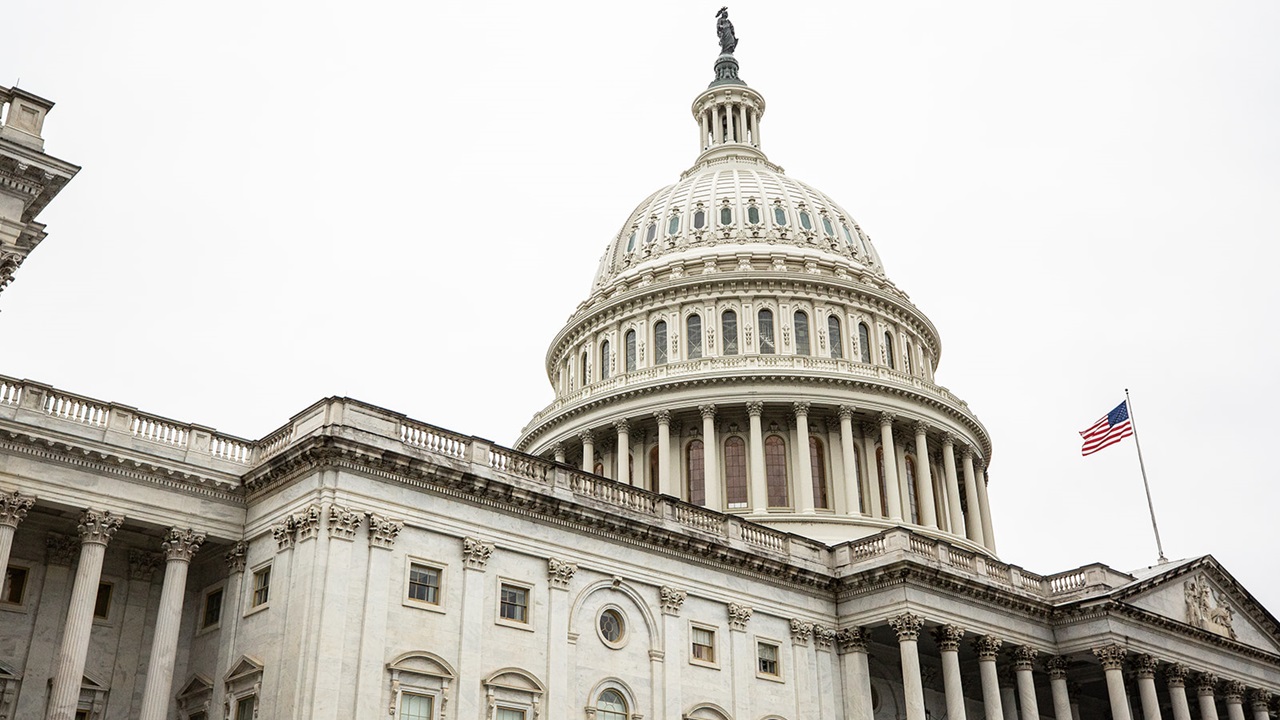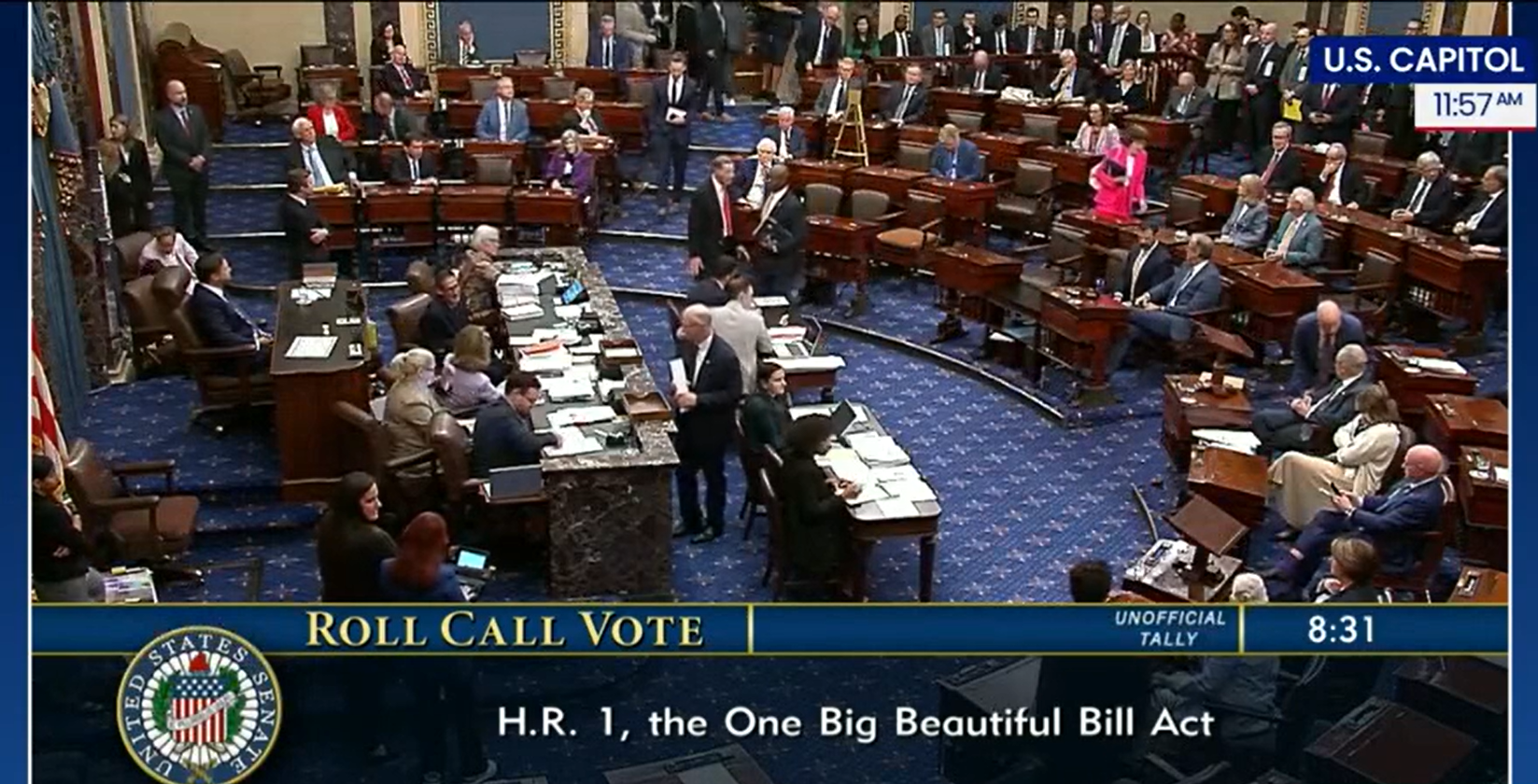Rights & Access
Hawaii – (PR Newswire, 01/19/21) ‘Ohana Health Plan announced that it is partnering with the National Council on Independent Living (NCIL) to help Hawaii providers remove barriers to accessibility in their programs. Studies show that Medicaid beneficiaries receive less preventative health care due to accessibility issues within health care facilities. Through the national Barrier Removal Fund (BRF) ‘Ohana Health Plan will work to ensure that their providers meet minimum disability access standards. NCIL will provide technical assistance and coordinate with local CILs to conduct on-site reviews, provide training, and distribute BRF grant funds.
Indiana – (IndyStar, 01/15/21) The Indiana Department of Education is being investigated for reports of not providing the federally mandated “free appropriate public education” to each student with a disability during the pandemic. With the abrupt closure of most schools, the U.S. Department of Education told schools that they must continue to provide that education and the services required to access it. The U.S. Department of Education’s Office of Civil Rights said that Indiana had failed to provide students with the required access and that multiple complaints were filed alleging that students were forced into a “one size fits all” remote learning program instead of the individualized program they are entitled to. Since the beginning of the pandemic, the U.S. Department of Education provided little “wiggle room” for schools in the provision of special education and Secretary DeVos urged Congress to not waive the requirements of the Individuals with Disabilities Education Act or IDEA. Ron Hager of the National Disability Rights Network said, “Schools are trying as hard as they can, but they’ve been overwhelmed. They weren’t prepared for it to go on as long as it has, but they still have to come up with a way to do what the kids need.”
Iowa – (Northwestern College, 01/14/21) Northwestern NEXT, a two-year program for students with intellectual or developmental disabilities at Northwestern College has been approved for a comprehensive transition and postsecondary program by the U.S. Department of Education. Northwestern NEXT coordinator, John Menning said, “Having this stamp of approval lets parents know we would be a great option for their son or daughter with a disability.” Such credentialing also enables students to be eligible for financial aid. The program offers academic, career and independent living instruction to prepare for gainful employment; academic advising; a structured curriculum; and internships or work-based training.
North Carolina – (Winston-Salem Journal, 01/20/21) The Department of Health and Human Services has announced that Legal Aid of North Carolina will serve as the Medicaid Managed Care ombudsman for Medicaid services as the state transitions to Medicaid Managed Care. They will also partner with Charlotte Center for Legal Advocacy and Pisgah Legal Service to educate and inform beneficiaries, and to provide outreach and support. The ombudsman services will also track information regarding access to care and will identify trends to address systemic issues. These services will begin in the spring and will not replace the grievance and appeals requirements of the plans.
Medicaid, Medicaid Expansion, MLTSS
New Mexico – (Las Cruces Sun News, 01/24/21) New Mexico’s Medicaid Director recently told members of the Health & Human Services Committee that New Mexico leads the nation in the percentage of residents enrolled in Medicaid and faces a $170 million shortfall in FY22. Director Nicole Comeaux told the committee that, “Throughout this public health emergency, we have really seen unprecedented growth that has led us to that…”. Data shows that “in New Mexico, Medicaid enrollment has grown from 40 percent at the start of the pandemic to 43 percent now and is higher in some areas of the state.” Comeaux went on to explain that because elevated enrollment in Medicaid did not begin as soon as the state began receiving the increased FMAP support [from Congress], the program will experience a surplus of $45 million in the current fiscal year but will see a $170 million shortfall in FY22. Comeaux added that “the National Governors Association has requested that Congress extend the increased payments for a period after the emergency is lifted to help make up for the lag”.
State Budgets
Georgia – (Rome News-Tribune, 01/23/21) Georgia Commissioner of the Department of Behavioral Health and Developmental Disabilities, Judy Fitzgerald, presented to the legislature that she will be asking for funds to resume maintenance at two closed, state owned facilities. Rep. Katie Dempsey expressed support for the Departments’ plans and said she plans to champion a feasibility study for an Intellectual and Developmental Disabilities Behavioral Health Crisis Center (IDD BHCC). This new program is intended to address an unmet need in the state for people with IDD. Fitzgerald said the existing mental health crisis centers are set up for those with psychiatric or addictive disorders. The IDD BHCC is a new concept designed for people who may be living in group homes or with aging parents.
Maine – (Maine Beacon, 01/15/21) Governor Mills has released her plan for the state’s biennial budget in the amount of $8.4 billion dollars. Despite a projected revenue shortfall of $650 million cited as due to the pandemic, many are praising Mills for not making cuts in critical services. Her plan does not tap the rainy-day fund nor does it reverse her predecessor’s tax cuts favoring the wealthy. Lawmakers are concerned that a “flat” budget will slow the state’s recovery, but among other initiatives, the Governor’s budget includes $6 million for adults with developmental disabilities.
Minnesota – (KSTP.com, 01/13/21) Lawmakers are scrambling to close a loophole in state law that threatens to siphon funds from people with disabilities to the General Fund. The funds in question remain from a $3 million class-action settlement between disability advocates and the Department of Human Services wherein DHS was accused of improperly restraining and secluding individuals with IDD. In October, presiding judge Donovan Frank discharged the case saying he no longer needed to make sure DHS was complying with the conditions of the settlement but warned that the state agency must set a better standard of care for people with disabilities. With the case being closed, the remaining funds are now in question. Currently, the Minnesota federal court is holding the final $550,000 of the settlement but in December Judge Frank ordered the funds be returned to DHS. The loophole in question requires that any money go to the general fund even if has been directed for a specific department or for a specific purpose. State Senator John Hoffman said, “…a federal judge says it should go to the Department of Human Services and here [Minnesota Management & Budget] is saying, ‘nope, it’s going to our General Fund.” Hoffman is now working with Sen. Jim Abeler on a bi-partisan bill that would ensure the funds go to DHS as originally intended. In an interview Abeler said, “The circumstances that got this money in the first place were tragic. How nice that we could have a chance to do something really good and help people with disabilities.”
Stay Informed on the Latest Research & Analysis from ANCOR
More News
Statement on Final Passage of the Republican Reconciliation Package

U.S. Supreme Court Issues Decision to Limit Nationwide Injunctions



